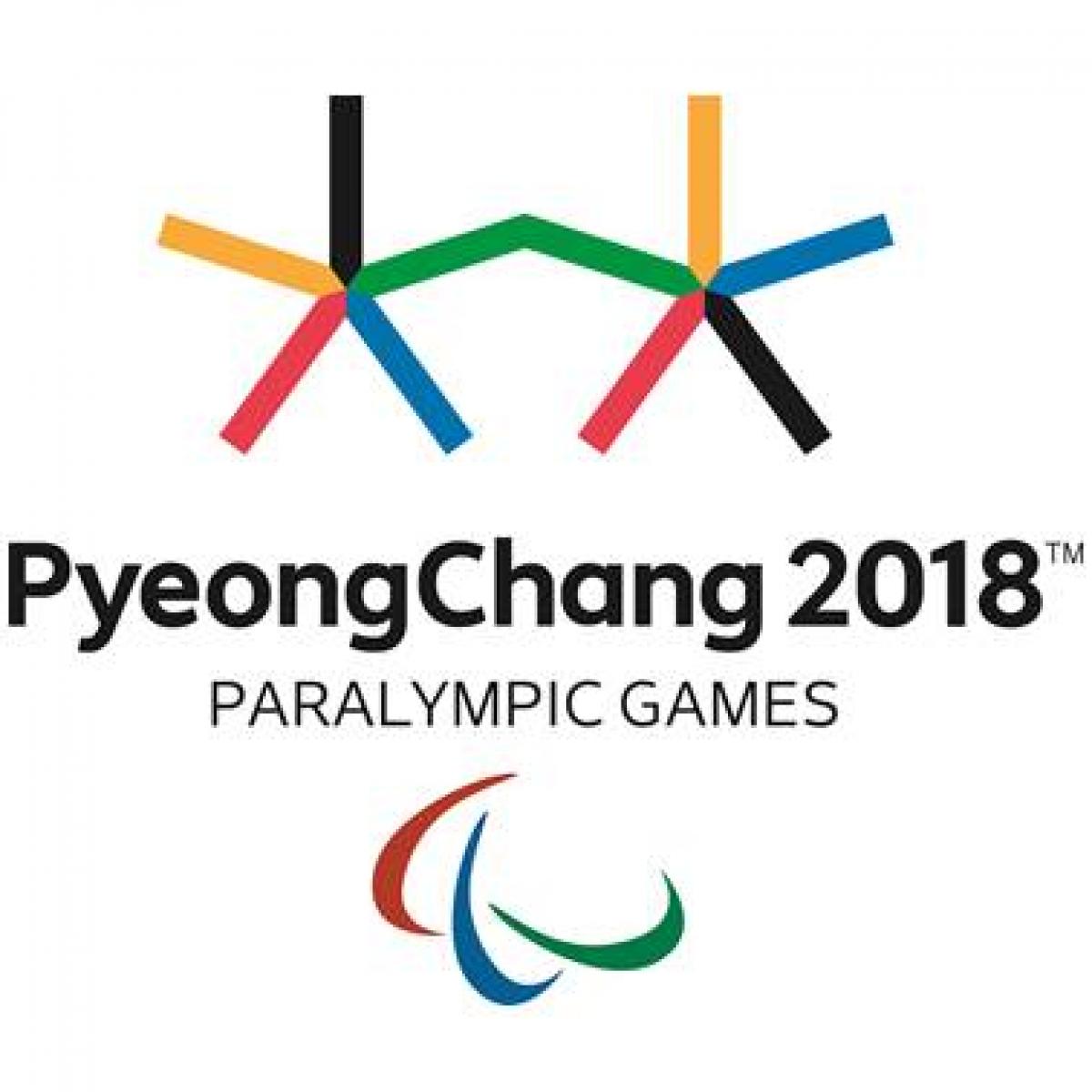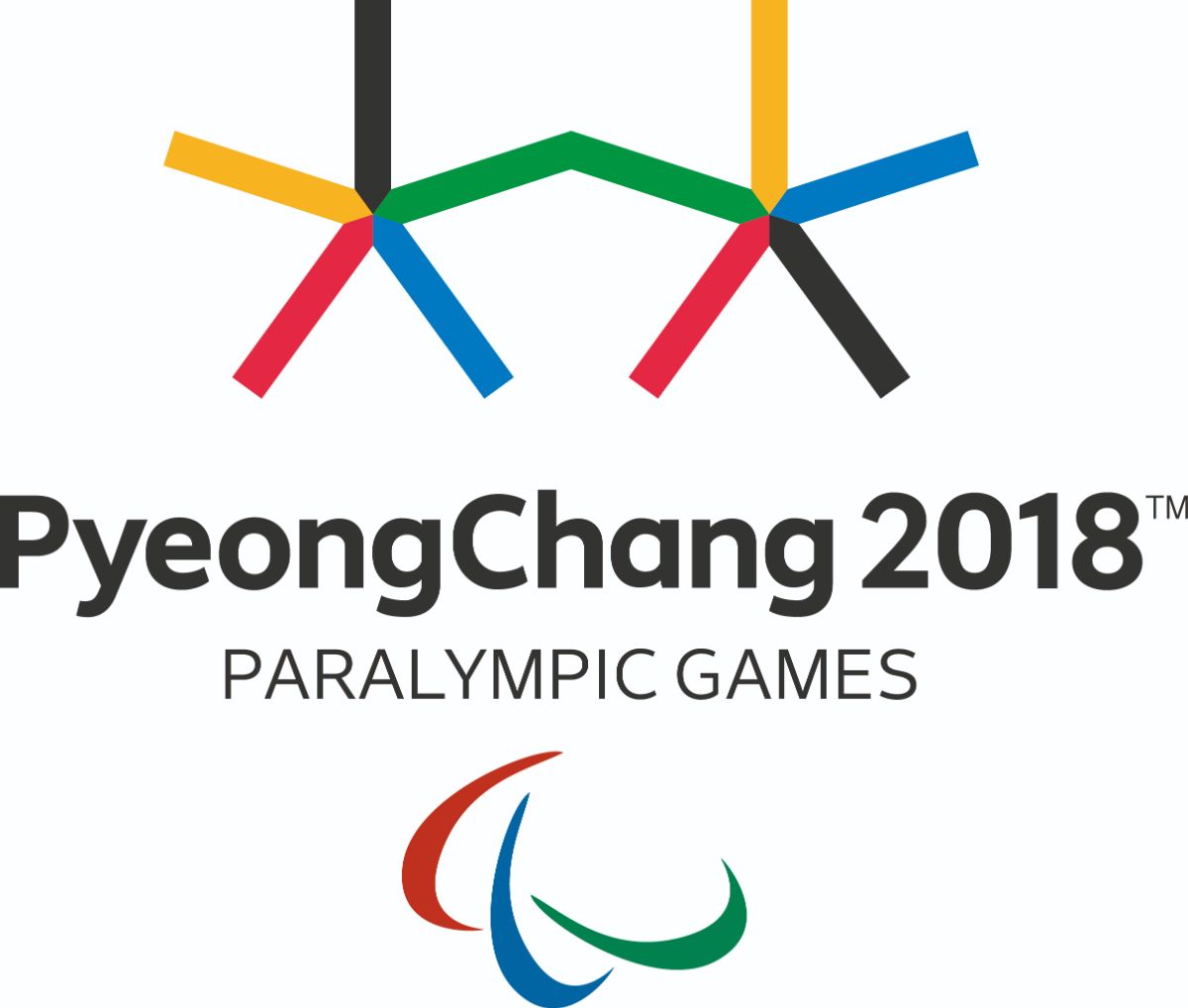PyeongChang 2018 aims to breakdown language barriers
Organising Committee signs MOU for the 2018 Olympic and Paralympic Winter Games with various Ministries. 31 Dec 2015
The emblem of the PyeongChang 2018 Paralympic Winter Games
“Language services have been provided on a limited basis for protocol purposes until now, however now PyeongChang 2018 will serve as a benchmark where everyone from all over the world can enjoy automatic interpretation and translation services regardless of time and place.”
The PyeongChang Organising Committee for the 2018 Olympic and Paralympic Winter Games (POCOG) has signed a Memorandum of Understanding (MOU) with the Ministry of Science, ICT and Future Planning (MSIP) and the Ministry of Culture, Sports and Tourism (MCST) facilitating multi-lingual translation and interpretations.
The PyeongChang 2018 Olympic and Paralympic Games are expected to be attended by more than 100 National Olympic and Paralympic Committees, around 80,000 participants coming from the IOC, IPC, athletes, officials, plus the world’s media and approximately 1.5 million tourists from around the world. The newly-developed automatic interpretation and translation technology will help to solve linguistic problems breaking down the language barriers.
The MOU was signed in Seoul and will allow POCOG to host language friendly Games utilising Korea's state of the art automatic interpretation and translation technology facilitating communication in a number of languages.
This strategic collaboration will also significantly boost Korea's ICT industry as well as the domestic tourism industry.
Present at the signing was MSIP Director General of Information and Communications Policy, KIM Yong-soo, MCST Director General of Sports and Tourism Policy, KIM Jae-won and POCOG Vice President of Venues and Infrastructure, KIM Sang-pyo.
POCOG Vice-President Kim said: “Language services have been provided on a limited basis for protocol purposes until now, however now PyeongChang 2018 will serve as a benchmark where everyone from all over the world can enjoy automatic interpretation and translation services regardless of time and place.”
A Working Group was established composed of representatives from all three parties to collaborate to host language barrier-free PyeongChang 2018 Olympic and Paralympic Games.
Each group has different responsibilities; the MSIP will work to improve the quality of interpretations and translations by developing and enhancing automatic translation and interpretation technology between Korean and seven other languages. English, Chinese and Japanese are already completed, French and Spanish are being developed, and there are plans to include German and Russian languages.
The MCST will promote the service already specialized for Korean tourism and place more focus on host cities
POCOG will operate and promote automatic interpretation and translation services between Korean and the seven other languages, as well as operate and manage the service system.
POCOG and the MCST will launch this new multi-lingual service starting with the 2016 test events and will be fine tuning and constantly improving the quality of the interpretations and translations as time goes on.






